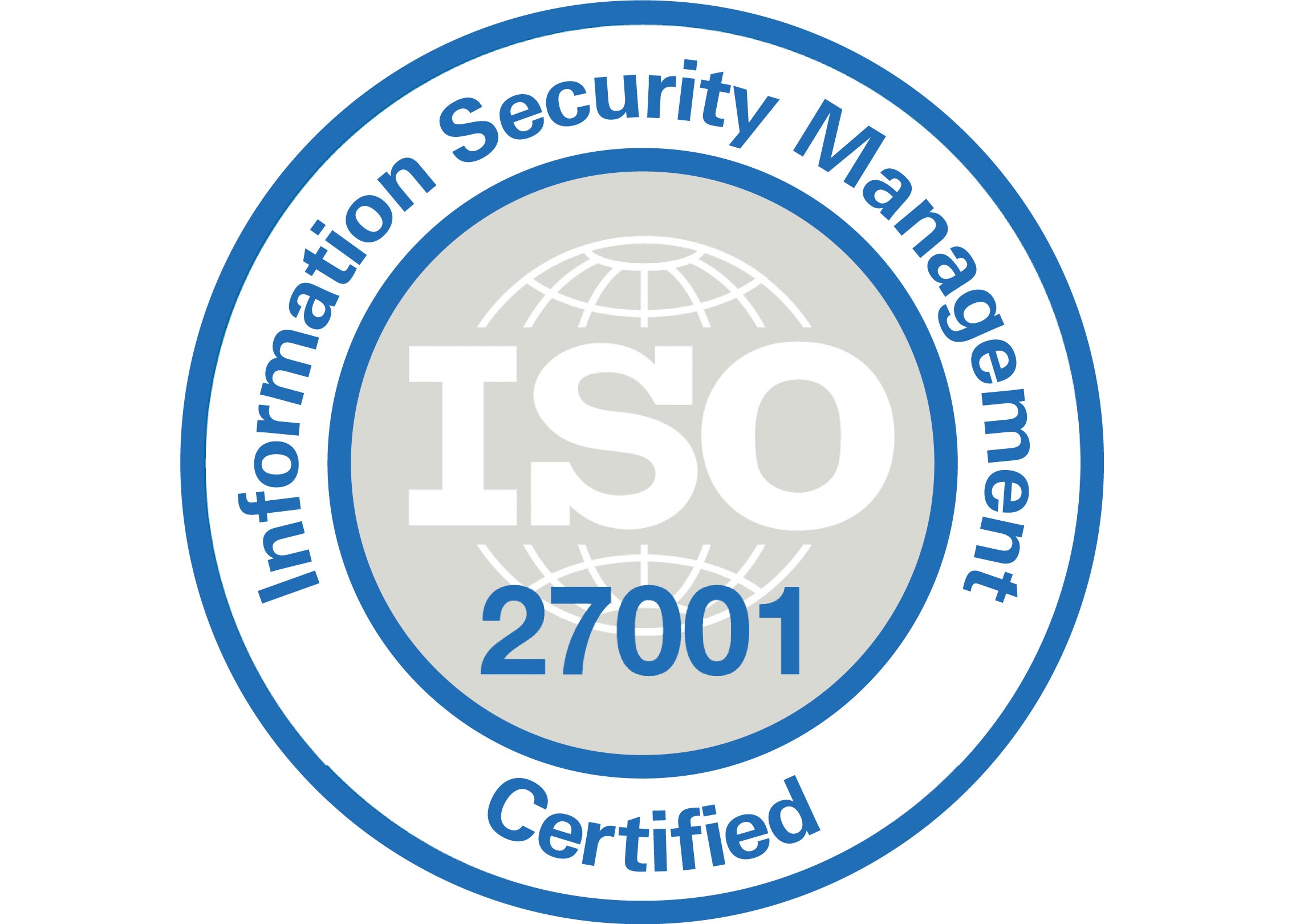Pre-pandemic, event planners who invested in improving the digital experience of their in-person events would most likely have opted for a mobile app, a digital voting system, networking technology, video production or perhaps a rare keynote streamed into the plenary.
2020 of course changed all that. The switch to fully digital meant that the lion’s share of the event budget had to be redirected away from in-person elements such as venue hire, catering and entertainment and instead, squarely invested into platforms, production and the people required to run virtual events.
Many planners now believe that a return to in-person events means they’re faced with a dilemma - keep the virtual offer but soak up the additional cost of a fully hybrid event, or choose between in-person or digital across the entirety of their events programme in order to keep within budgetary restraints.
The fact is however, you can deliver hybrid events with very little change to those budgets set prior to 2020.
Just because the money you were spending on in-person events was re-invested into up-skilling, technology upgrades and platform partners, doesn’t mean you now have to spend two equal pots of money to take your events forward in a hybrid fashion.
The realities of our emergence into this new post-Covid world means we’ll venture out slowly, over time and with caution.
Corporate travel plans will change, due to a lack of desire, renewed corporate social responsibility policies, reduced travel budgets, or simply because of the accelerated capabilities of meetings technology, resulting in companies no longer needing to fly 20 people to a conference when those travelling just for the content can access it online.
Plus, event attendee expectations have changed forever and a significant proportion of audiences will now demand an online version in order to save them time out of the office, the cost of attending in-person and even to reduce their environmental impact.
The consequence of this means that in-person event capacities will restart small.
Smaller capacities mean increased cost savings on food and beverage, block room bookings, transport, venue hire, badging and other conference materials.
You also won’t need as many on-site event staff manning registration desks, showing delegates where to go, managing speakers back-stage or facilitating Q&A sessions.
With smaller venue requirements comes more choice and arguably, less emphasis on the need for luxurious surroundings. Well-equipped, cost-effective three-star hotels, training centres and more unusual meetings and event spaces will be in-demand for internal meetings and the return of live.
The in-person format will also be more targeted towards those event goals and objectives better suited to live environments.
For example, if the principal goal of your event is networking you’ll want to prioritise budget for achieving this objective and away from say, content-led in-person costs, such as speaker expenses, set and stage design and multiple break-out room hire.
The money saved from in-person content-led costs, which are now more suited to the online elements of a hybrid event format, can be redirected into platform upgrades, virtual speakers and digital marketing for extended reach.
We at Glisser believe that any event, which has the overall goal of bringing people together to network, make connections and drive face-to-face objectives will be the first format types to return to physical venues, just as soon as it safe, feasible and the appetite is there to stage them.
Pre-Covid, these types of events were already investing in networking technology so from a budget perspective, they won’t incur new costs but may simply benefit from redirected spend into virtual content-led elements.
Remember also that those production agencies and AV suppliers who once specialised in optimising your on-stage lighting, sound and technical production had to re-skill during the pandemic in order to remain in business.
These supplier partnerships now bring far greater value to the table than perhaps they once did.
Your AV supplier may now provide green-screen virtual studio space, digital show-callers, pre-recording and streaming capabilities, plus virtual project managers.
Pre-Covid, equipment and technical suppliers charged on a line-by-line item hire basis.
Post Covid, these same suppliers have now adapted to offer hybrid packages and project fees, which provide excellent value for specialist expertise.
Speaking to your in-room suppliers about what they now offer for digital events should be part of your cost negotiation from the outset of planning your hybrid format.
The future of hybrid events may evolve more slowly than the onset of virtual events, as planners and marketers tweak spend, discover cost-savings based on goals and requirements, secure budgets and earmark investment for the future.
However, a gradual evolution will also help to shape monetising strategies, which will provide additional revenue opportunities for further investment in the longer-term picture of how hybrid events will come to be defined.
For now though, compare and contrast historic costs with today’s needs and invest more in the people, preparation and planning of virtual, since a high-quality digital offering is more than just having the right technology partner in place.
As an event planner, you are highly skilled and now have the knowledge and ability to stage both physical and digital events.
After all, in the future there will be no separation between face-to-face and virtual elements - events will simply be events, attracting in-person and online audiences from across the world.









